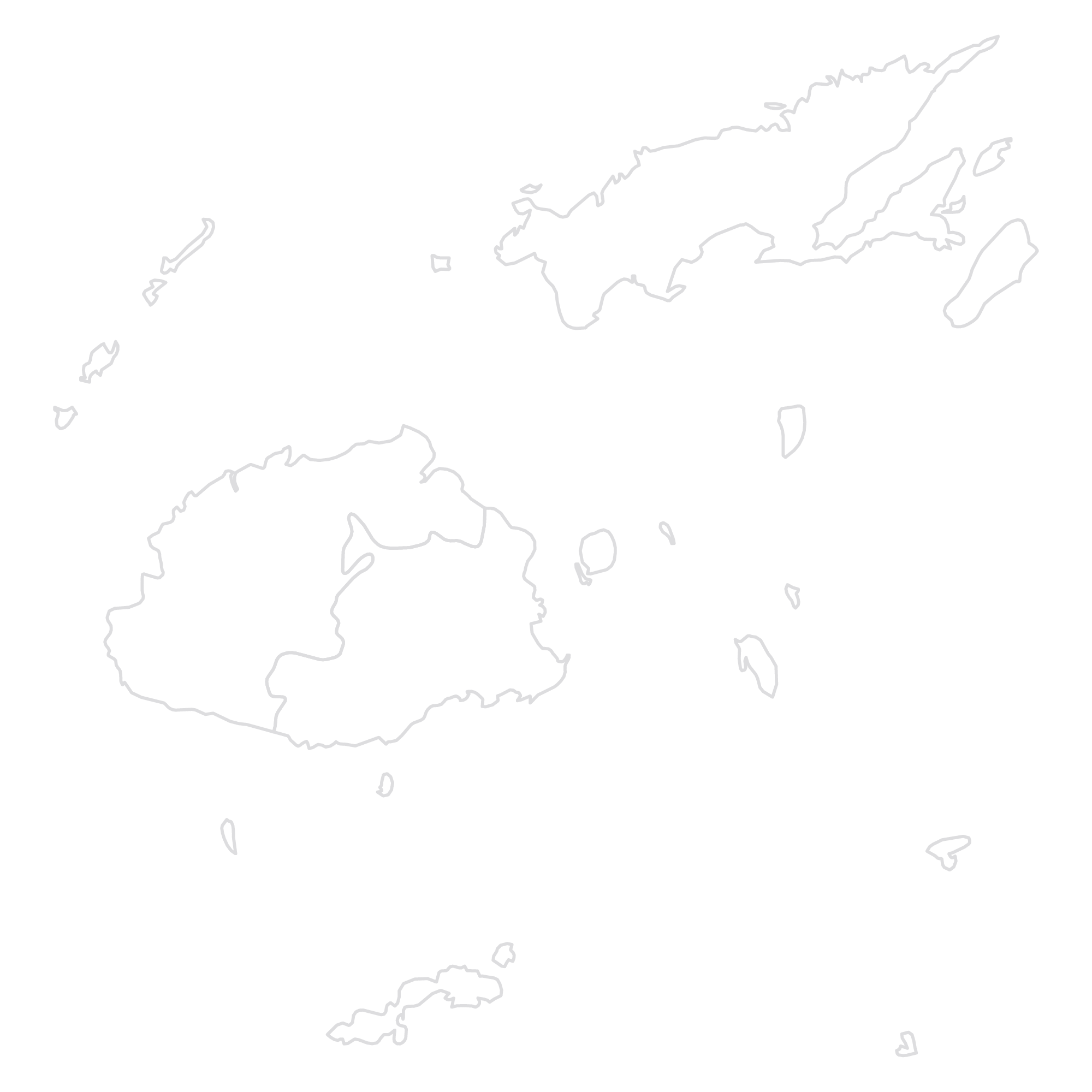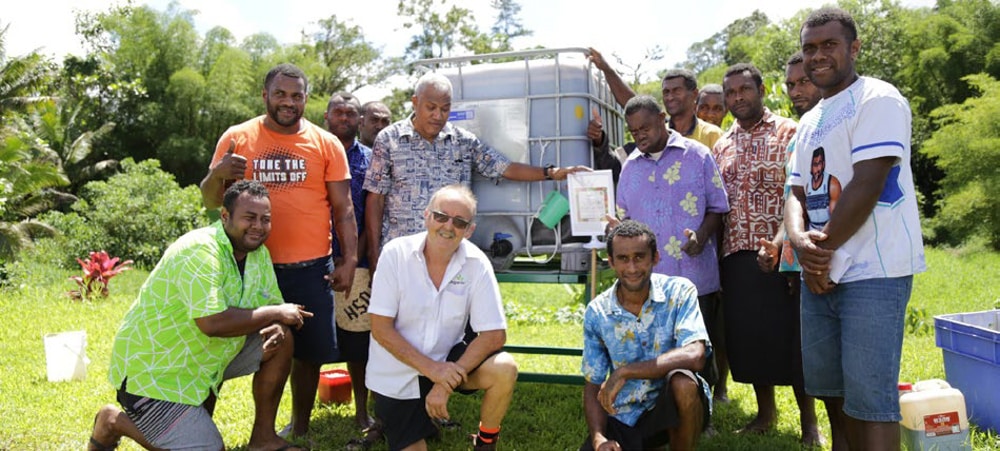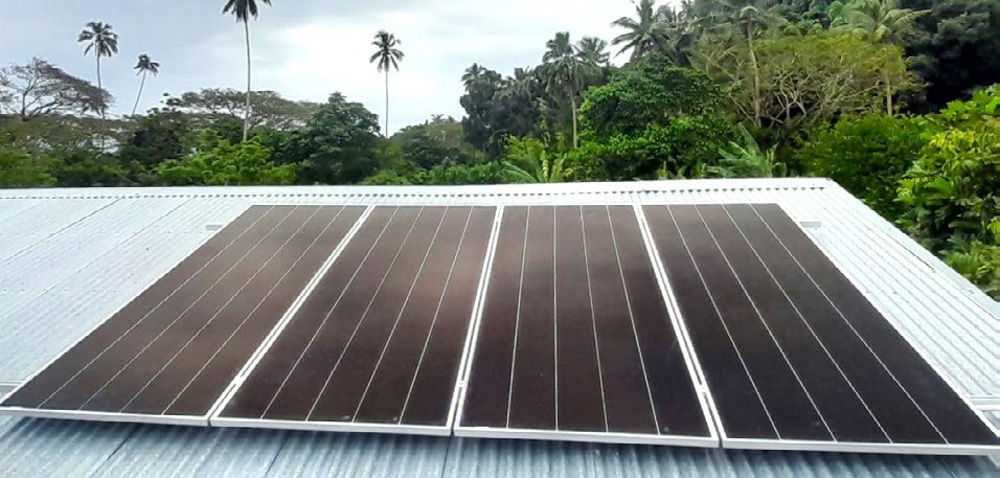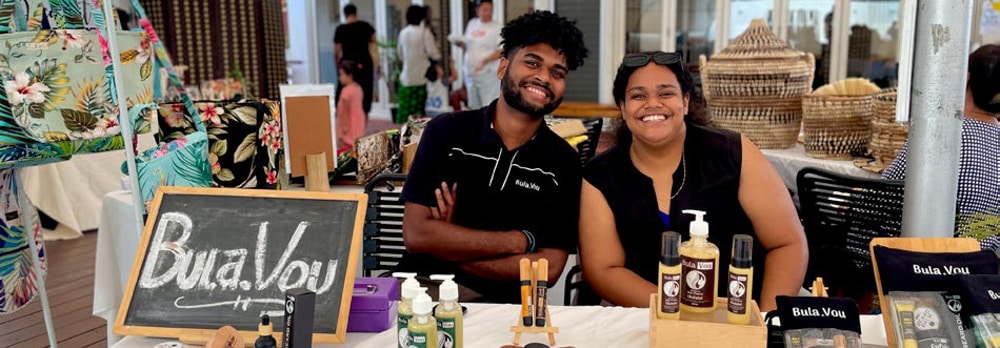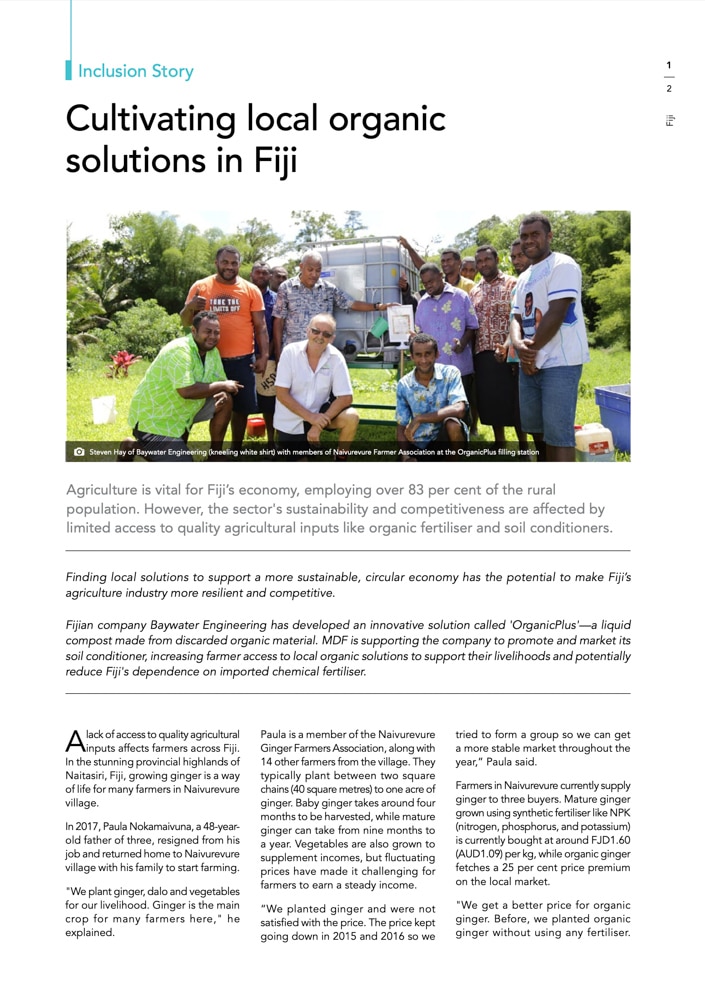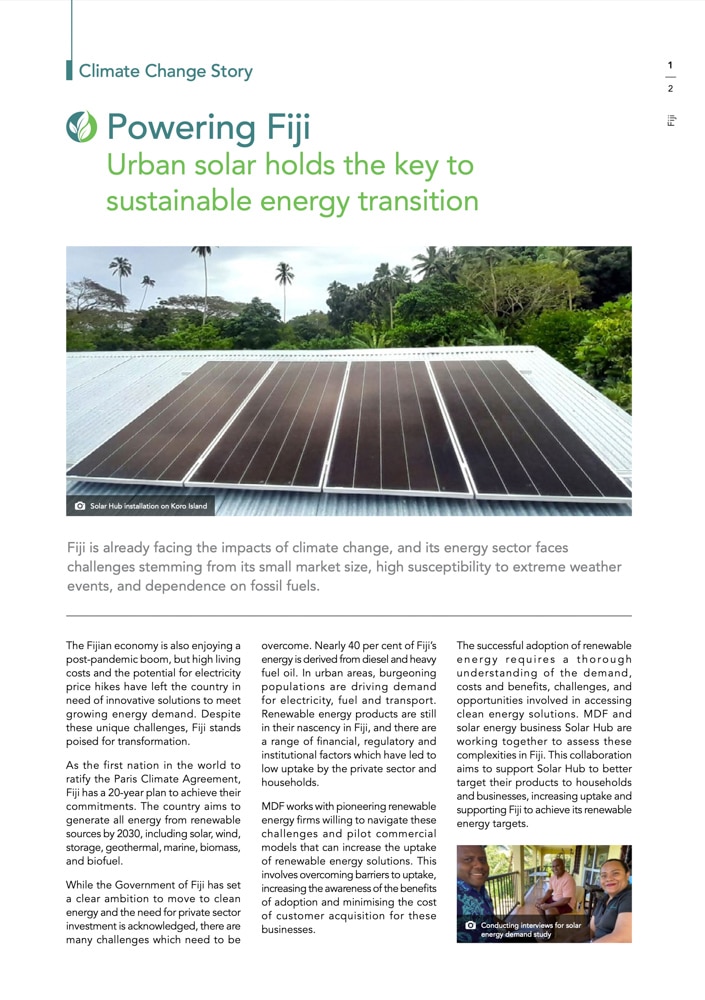Effective
outreach
Net additional
income
Private Sector
Investment leveraged
Value of additional
market transactions
Climate Change
Fiji is one of the most vulnerable nations to climate change and related disasters in the world, given its exposure to tropical cyclones. This island nation is affected by sea level rise, ocean acidification, rising temperatures and extreme rainfall events. Agriculture is impacted by changes in annual rainfall quantity, intensity and timing. MDF’s market intelligence4 found that for countries like Fiji, while El Niño means below-average rainfall, climate change is leading to persistent rainfall during dry months. These erratic weather patterns degrade soil, reduce plant health and increase pests. Climate change also threatens Fiji’s tourism assets and poses business continuity challenges for urban industries such as outsourcing services.
In 2023, MDF intensified its work in climate change. In tourism, initiatives were scoped in waste management, resource conservation, carbon offsetting and community engagement. These aligned with a strategy to attract high value eco-conscious travellers to Fiji. In high value agriculture, MDF explored opportunities in organic fertiliser, soil management and testing and using agricultural technology to improve information provision. In urban industries, MDF explored opportunities in green energy, including electric vehicle leasing. MDF supported outsourcing services firms, businesses and urban residents to pursue energy efficiency and adopt rooftop solar technologies.
Inclusion
OS, agriculture and FEE drive women’s economic empowerment
MDF maintained its strong track record of supporting inclusive impact. Women accounted for 65 per cent of net additional income generated in the OS market system in 2023 – a trend expected to continue. The MDF Fiji portfolio is now closer to parity in earnings, with women accounting for 49 per cent of income and the current portfolio forecast to achieve 50 per cent by 2026.
Field assessments continued to validate lessons around female household participation in agricultural production. Women hold visible and less visible roles in planting, crop maintenance, harvesting and selling. They also participate in decision-making around the use of household income. The widescale availability of organic inputs is intended to improve access to inputs for people with disability. Field results indicate that farmers who self-report as having physical impairments have seen higher yields and additional income from using organic fertiliser. Planned MDF interventions in distribution and marketing are intended to deepen this impact.
MDF completed monitoring its Fiji Enterprise Engine (FEE) accelerator with the Fiji Commerce and Employers Federation in 2023. Across five years, over 200 women entrepreneurs have accessed business training, of whom 78 have generated USD420,000 (AUD630,000) in additional revenue.
Participating in FEE has had a positive impact on these entrepreneurs’ agency and access to new opportunities. Interviews revealed that interacting with industry mentors, other MSMEs and networking events supported the women to become more confident public speakers, explore new ventures in business and professional development, and increase their recognition within the business community. In 2023, two women entrepreneurs leveraged FEE networks with financial institutions and coaches to secure loans and grants valued at USD310,000 (AUD480,000) to expand their business operations in 2024.
